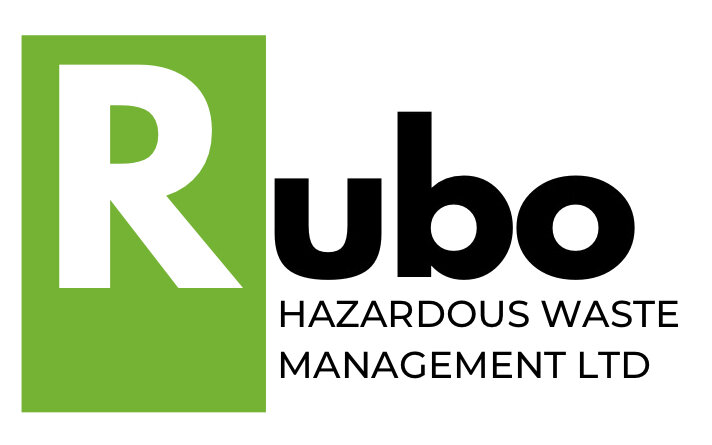Guiding Sustainability: Navigating Hazardous Waste with Environment Agency's S5.06 Guidelines
Venturing into the realm of hazardous waste management, we unveil a guiding beacon in the form of the Environment Agency's S5.06 guidelines. This blog post embarks on an illuminating journey through the symbiotic relationship between hazardous waste and sustainable practices, as outlined in the authoritative guidance. We'll delve into the importance of responsible recovery and disposal, key principles, and how they shape a harmonious coexistence between industry and nature.
Understanding Environment Agency's S5.06 Guidelines:
S5.06 stands as an embodiment of the Environment Agency's commitment to promoting responsible waste management. It offers insights, directions, and regulations that empower businesses to navigate hazardous waste with an emphasis on environmental preservation.
Key Principles for Responsible Recovery and Disposal:
Waste Hierarchy: The guidelines underscore the importance of the waste hierarchy, advocating prevention, reuse, recycling, and energy recovery as preferred options over disposal.
Producer Responsibility: Businesses are encouraged to take ownership of their waste and its impact, promoting sustainable product design and reducing waste generation.
Best Available Techniques (BAT): Utilizing BAT helps businesses employ the most effective technologies and practices for minimizing waste and reducing environmental impact.
Transboundary Movement: The guidelines ensure that hazardous waste is managed responsibly, even when crossing borders, to prevent harm to global ecosystems.
Harmonizing Industry and Environment:
Responsible recovery and disposal of hazardous waste, as guided by S5.06, harmonizes industry aspirations with environmental preservation. By embracing the waste hierarchy, minimizing waste generation, and adhering to BAT, businesses contribute to a sustainable future.
Promoting Sustainability, Compliance, and Ethical Responsibility:
Environmental Guardianship: Implementing S5.06 guidelines safeguards ecosystems, air, and water quality by minimizing hazardous waste impact.
Regulatory Adherence: Following the guidelines ensures compliance with legal obligations, reducing the risk of penalties and reputational damage.
Stakeholder Confidence: Demonstrating ethical waste management practices garners stakeholder trust and supports a positive industry reputation.
Our Commitment to Sustainable Hazardous Waste Management:
At Rubo - Hazardous Waste Management Ltd, we align our practices with the principles of S5.06. We aim to empower businesses to embrace sustainable waste management while nurturing environmental well-being.
Pioneering Sustainable Practices:
For those seeking guidance on weaving S5.06 principles into hazardous waste management, our expertise is at your service. Contact us for insights and solutions that uphold sustainability, compliance, and ethical responsibility.
